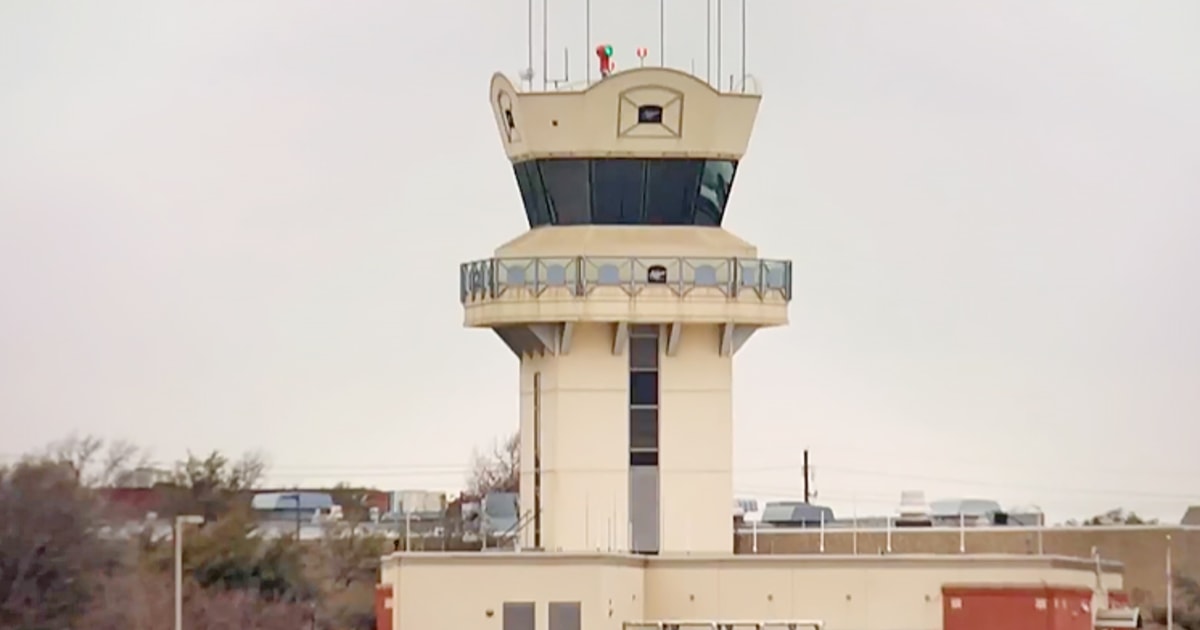Beep
Well-Known Member
This x 1000.
I told our chief pilot this one day when he was venting about not being able to keep everyone happy. Pilots were steadily coming into his office and upset about how long it was taking to go from turboprops to jets, or make captain, or their pay, or how many hours they were flying, or whatever.
I told him to ask them what they expected. Hopefully he could either politely point out that their expectations had simply been made up in their minds with no basis in anything the company had ever promised, or maybe he'd learn that the company was promising things they couldn't deliver on and to be more careful about what's being told to new hires. Whatever the case, close that gap between expectations and reality.
I'll even do this to myself with random things in life. Super annoyed that my kid drew on the wall? Well, what did I expect, to have a kid that never messes anything up? That's not a realistic expectation with a three year old. It still sucks, but I can take a step back and remember that's life.
It also helps to have a true seniority system in place, that way friends of management/management pilots , and or people who just happen to be typed in ( insert airplane here ) can’t just come in from off the street and keep others pigeon holed in their current seat or aircraft, or seat and aircraft.
Operators may claim otherwise, but that is exactly what happens day in and out, month after month, year after year at 91 and 135 operators. It’s the nature of the beast, and with very few exceptions. Also, most of them don’t pay enough, or offer enough quality of life options for a lot of people to put up with it when they either have options, or their life/family situation changes to a point that they’d like to think of the future for more than themselves and the expectations of their employers.
Airplanes are expensive to own and operate no matter what type of operations are being conducted, and pilots tend to be our own worst enemy at times by rationalizing why we will just accept whatever is minimally acceptable at the moment.
I guess I should add that this is based on personal observations over the first 19 years of my flying career before going 121. So, no hard feelings, and it’s been a heck of a ride so far, but warts and all that’s my take on it.
Last edited:

